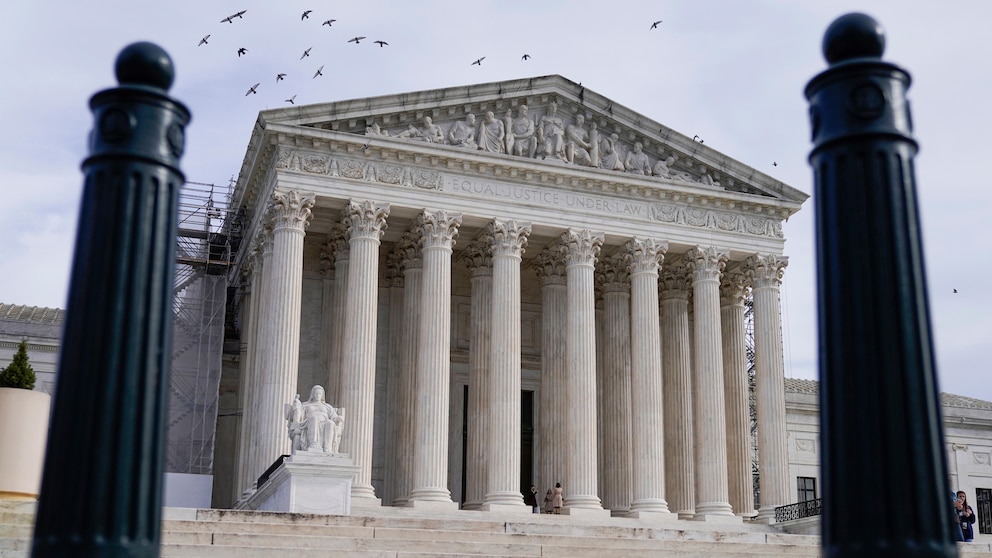Title: Supreme Court Denies Appeal on Bans Prohibiting Conversion Therapy for LGBTQ+ Minors
Introduction
In a landmark decision, the United States Supreme Court recently denied an appeal challenging bans on conversion therapy for LGBTQ+ minors. Conversion therapy, also known as reparative or sexual orientation change efforts (SOCE), refers to practices aimed at changing an individual’s sexual orientation or gender identity. This article explores the significance of the Supreme Court’s decision, the dangers associated with conversion therapy, and the implications for LGBTQ+ youth.
Background on Conversion Therapy
Conversion therapy has long been a controversial practice that claims to change an individual’s sexual orientation or gender identity. It often involves various methods, including talk therapy, aversion therapy, and religious interventions. However, major medical and psychological associations, including the American Psychological Association and the American Medical Association, have widely discredited conversion therapy as ineffective, unethical, and potentially harmful.
The Supreme Court’s Decision
The Supreme Court’s denial of the appeal upholds existing bans on conversion therapy for LGBTQ+ minors in several states. These bans aim to protect vulnerable youth from potential harm caused by these practices. By refusing to hear the appeal, the Court sends a strong message that conversion therapy is not only unsupported by scientific evidence but also poses significant risks to the mental health and well-being of LGBTQ+ individuals.
Dangers of Conversion Therapy
Numerous studies have documented the detrimental effects of conversion therapy on LGBTQ+ individuals, particularly minors. The practices associated with conversion therapy can lead to increased rates of depression, anxiety, self-harm, and suicide among those subjected to them. The rejection and shame experienced during these therapies can have long-lasting psychological consequences, perpetuating feelings of self-hatred and internalized homophobia.
Additionally, conversion therapy often promotes harmful stereotypes and fosters a climate of discrimination against LGBTQ+ individuals. By framing their sexual orientation or gender identity as a disorder or something that needs to be fixed, conversion therapy perpetuates stigma and contributes to societal prejudice against the LGBTQ+ community.
Implications for LGBTQ+ Minors
The Supreme Court’s decision to uphold bans on conversion therapy for minors is a significant victory for LGBTQ+ youth. It reinforces the idea that sexual orientation and gender identity are not disorders or conditions that require treatment. Instead, it affirms the importance of providing supportive and affirming environments for LGBTQ+ individuals, especially during their formative years.
By banning conversion therapy, states are taking a crucial step towards protecting the well-being of LGBTQ+ minors. These bans acknowledge the importance of mental health support, acceptance, and understanding for young people navigating their identities. They also send a powerful message that attempts to change someone’s sexual orientation or gender identity are not only ineffective but also harmful.
Conclusion
The Supreme Court’s denial of the appeal challenging bans on conversion therapy for LGBTQ+ minors is a significant milestone in the fight for LGBTQ+ rights and mental health. By refusing to hear the case, the Court reinforces the consensus among medical and psychological experts that conversion therapy is both ineffective and dangerous. This decision affirms the rights of LGBTQ+ individuals to live authentically and without fear of harmful attempts to change their identities. It also highlights the importance of continued efforts to promote acceptance, understanding, and support for LGBTQ+ youth in society.



